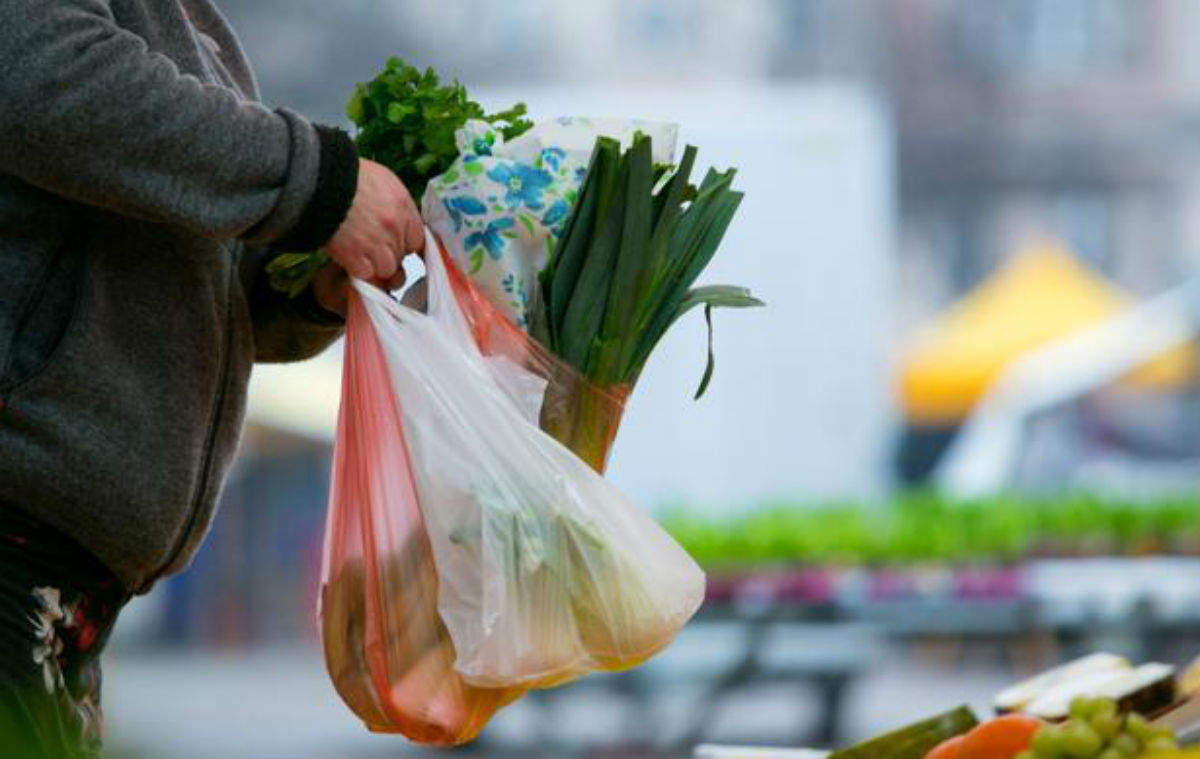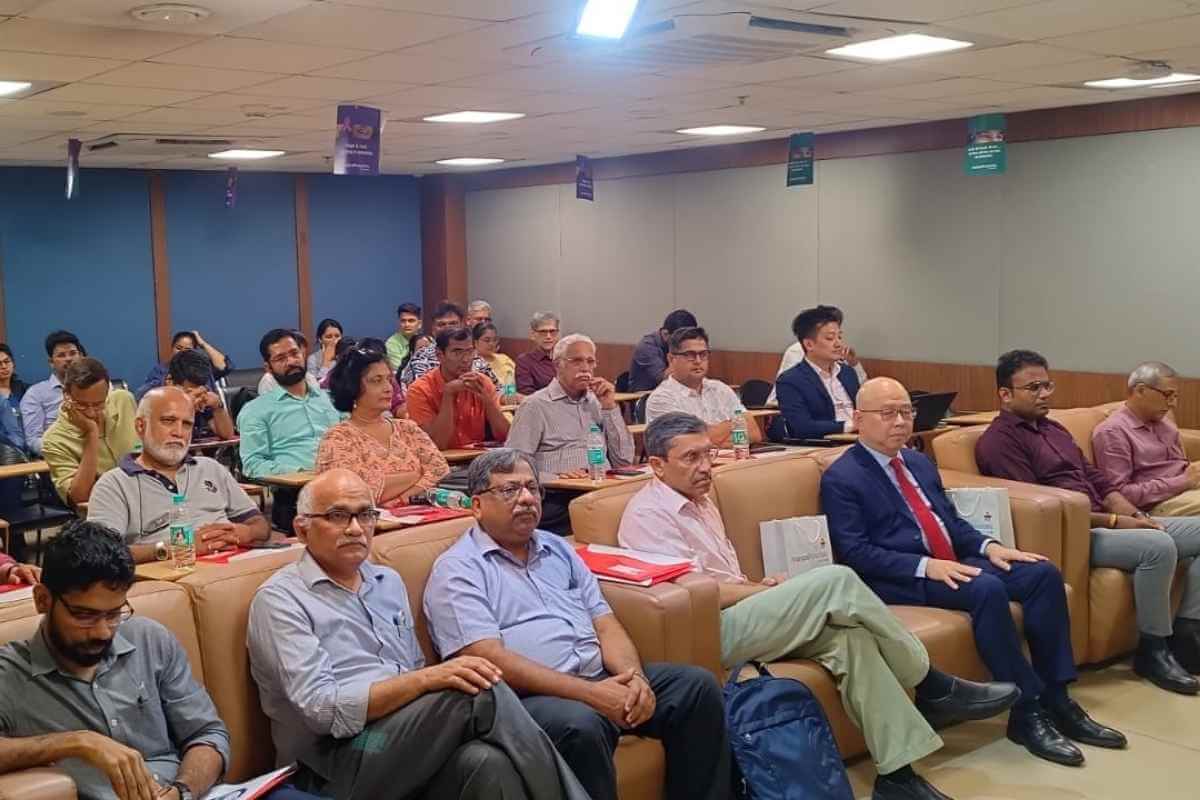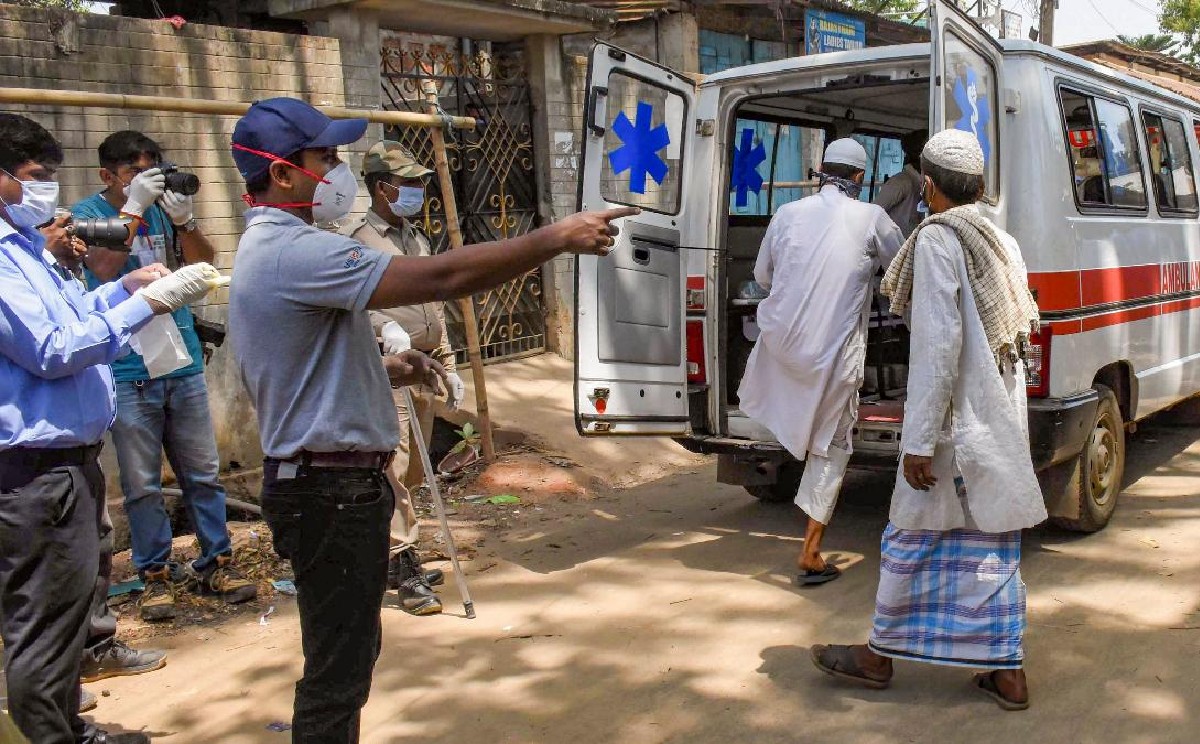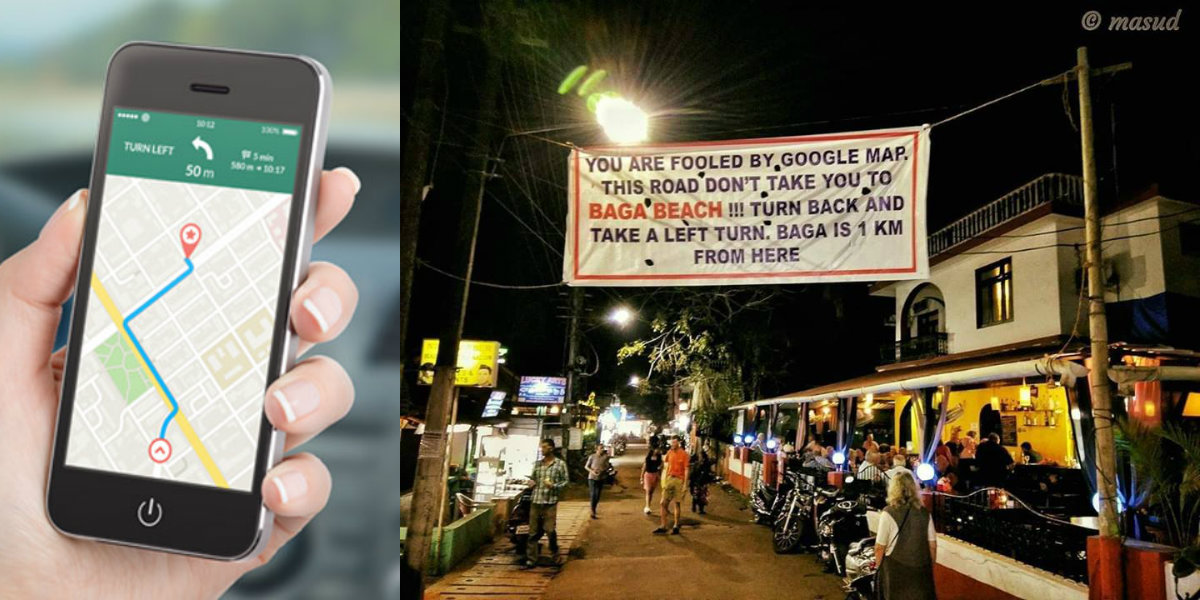Goa is a place of tourism and its charm lies in its pristine beaches and natural beauty, but unfortunately, both have been getting destroyed by the unmanageable garbage issue which is growing like a monster by the day. Plastic is the major ingredient of unmanageable garbage and is spreading across the state like a plague. You might think it is a small issue but you will be shocked to know the dangerous effects of the plastic on the Goa’s ecosystem.
Pollution is a major concern today, and Goa no more remains immune to it. Despite having a full-fledged pollution control board, the state is unable to control the garbage menace due to various reasons which also includes the political patronage to the businesses that contribute a huge amount of garbage production into the state.
The government has done many campaigns to show that they are concerned about the use of plastic but till date nothing concrete has been done, the plastic bags are very much in use all over the state under the nose of municipal corporations and panchayats.
in the current world. The manufacture of goods, dumping of garbage and lack of effective waste management has been paving the path to a rather plastic laden and stinking state. Goa suffers due to plastic pollution and has been losing its charm.
The pristine beaches are now filled with plastic and bottles stealing away the beauty of these beaches. The marine life faces a major threat due to plastics dumped in the sea.
According to Swachh India, in May 2017, the Goa government decided to ban buying and selling of plastic bags below 50 microns (effective July 2017 onwards) to tackle the garbage and litter menace in public places. A fine of Rs. 4,000 was to be imposed on shopkeepers who violate the law.
As an initiative to set an example for the people, Chief Minister, Manohar Parrikar refrained from the use of plastic in all ways. He refuses to accept plastic wrapped gifts and flowers as the means of discouraging the use of plastic.
Goa through this mission aims to be a plastic-free state by the end of 2022 and the government has been working towards creating awareness of the harmful effects of plastic and promoting the anti-plastic agenda. Apart from these, students are also educated about the effects of plastic and the importance of waste segregation.
It comes to a surprise that out of the tonnes of plastic produced every day, only 9% of them are being effectively recycled. This raises serious concern about the usage of these polymers that are not easily degradable and are bound to bring about long-term environmental problems.
What is more appalling is that the use of plastic has become so deep-rooted and a habit in our day to day lives that is very difficult to get rid of it- from the drinking bottles to packaging food and even ingesting the plastic from the fishes affected from the plastic pollution, we are all inviting a slow death.
Although a lot of efforts have been taken by the government by banning plastic and educating the public, it still does not eliminate the fact that plastic usage still exists. According to Herald Goa, the usages of fake bio-degradable bags are raising a concern to the Corporation of the Panjim city.
Claiming that the bags are eco-friendly, shop-keepers are supplying these bags to the customers. But the fact is: these bags are not bio-degradable and can sustain for years and decades together causing major pollution. It is important for the shop-keepers to urge the customers to carry a jute bag instead of handing out plastic bags.
Apart from this, other interesting initiatives are taken up to help raise awareness about this deadly issue. Pop-up Bars is one such initiative wherein a free bottle of beer can be earned in an exchange for plastic waste, cigarette buds, and bottles.
While these may help cut down the pollution but it is not as effective as one may think. The recycling of these plastic wastes is not done effectively and the supply of these plastic products is much higher compared to its waste management.
This is one such issue that cannot be gotten rid of easily and has been creating a problem from the past few decades. But what we can do as responsible citizens is, to not aggravate the situation with more use of plastic whilst keeping our surroundings clean.




























